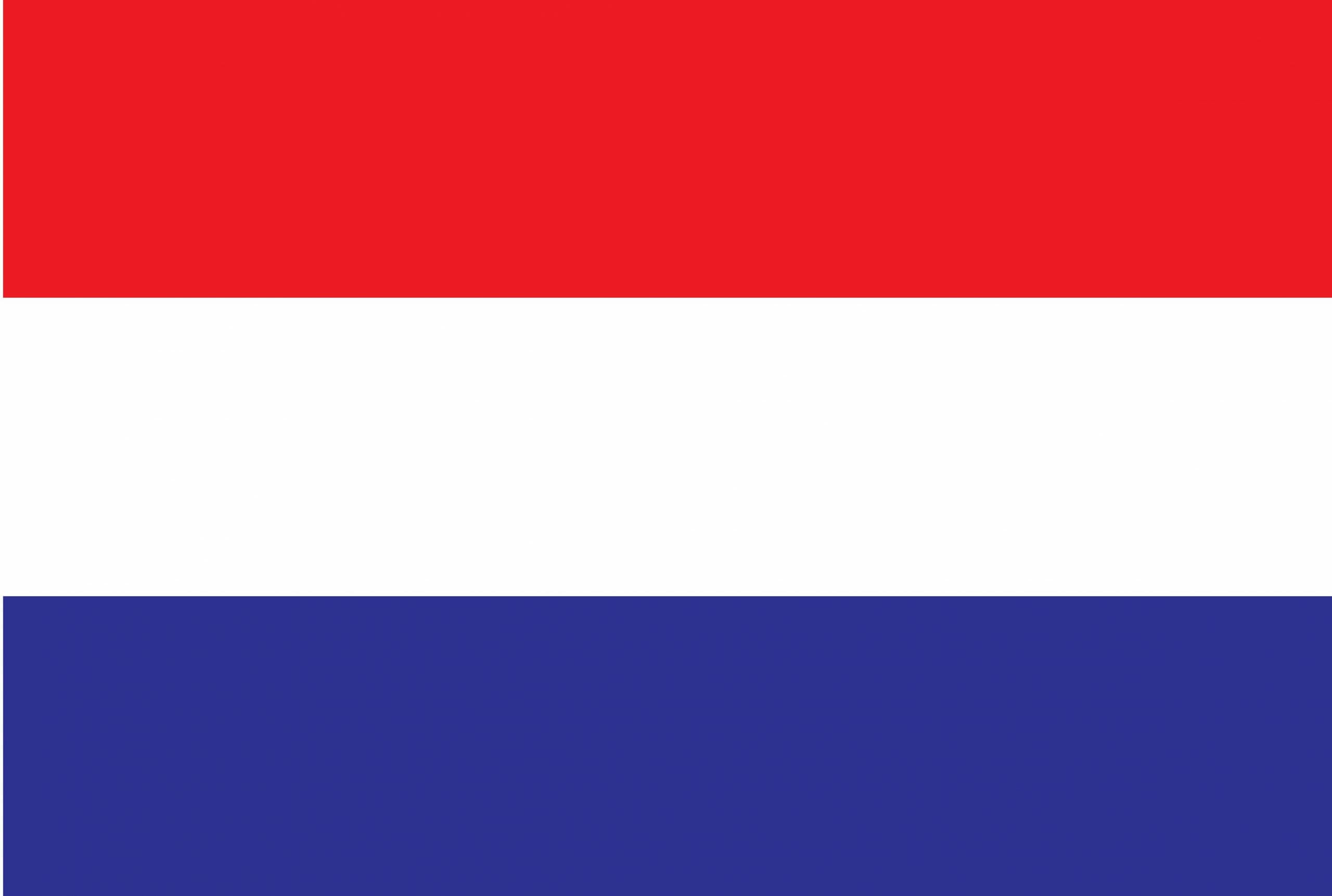Posted worker notifications will be mandatory as of March 1, 2020, which will require employers in the Netherlands to file an online notification before the posted worker commences work in the Netherlands.
Notification Requirements
The Ministry of SZW will launch an online government notification system on February 1, 2020 on which employers of posted workers outside of the Netherlands will be able to submit an online notification before the posted worker commences work in the Netherlands. The Dutch employer is required to review the notification and must inform the authorities within five days of the posted worker starting work if any details are not correct.
The notification must include details of the posted worker and their employer, the service recipient (client company in the Netherlands), the address where the work will be performed, a description of the work, and how long it will take, a contact person in the Netherlands, and an A1 declaration or other proof of social security coverage.
Client companies in the Netherlands that receive a service from an employer in the EEA or Switzerland and host a posted worker are obliged to check whether the employer abroad has correctly notified the posting.
Exceptions
Workers performing incidental work, including transport personnel, guest lecturers and attendees of academic conferences, will be exempt from the posted worker notification requirement.
Self-employed persons are only obliged to notify if they come to work in certain sectors.
There is no duty to notify in the following cases:
- if the employees perform work in certain sub-sectors of the transport sector
- if the employees perform work in the public administration sector, public services or extraterritorial organisations
- if the employees perform incidental work in the Netherlands. This includes business meetings, urgent maintenance and repairs or attending conferences
In some cases, the employer only has to notify once per year. The one-year notification applies to small businesses (one to nine employees), to certain self-employed persons, and to the freight transport by road sector. A one-year notification does not apply to the construction sector or to the temporary employment sector.
Our Advice
Employers who may be effected are encouraged to contact a Wolfsdorf Rosenthal immigration attorney or email the WR Global Immigration team at Global@Wolfsdorf.com for case specific advice.


